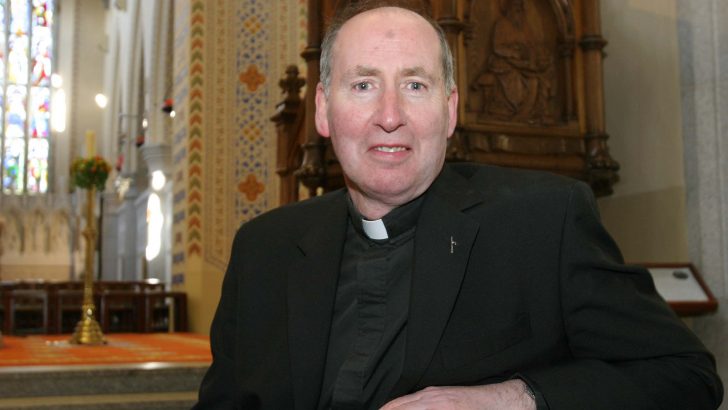Priests located near ports play a “vital role” in combatting and identifying human trafficking and modern day slavery at sea, according to the Bishop of Ferns.
Speaking to The Irish Catholic, Bishop Denis Brennan said that locally there is an effort made to encourage priests to mention human trafficking in their homilies, on local radio and papers.
This comes as reports of the crime have surged in the Irish fishing industry with gardaí now investigating almost two dozen cases.
“The network of port chaplains scattered throughout the world, because of their local knowledge, play a vital role in coordinating efforts to highlight and confront human trafficking, something Pope Francis has described as ‘a wound on contemporary society’”, said Bishop Brennan.
The bishop is involved with the Santa Marta group, an alliance of bishops and police chiefs established by Pope Francis to work with civic leaders to prevent trafficking and slavery.
He said: “Many of the delegates attending the Santa Marta Conference in Rome this year stressed the importance of moral values in the fight against human trafficking. This goes to the heart of the matter where the money made is the driving force in the business.”
Twenty-three migrant fishermen who were working in Irish trawlers have been granted status as suspected victims of trafficking and are now in direct provision pending criminal investigations of their cases. Gardaí were working on 12 cases last April.
Many migrant fishermen working on Irish trawlers are from Africa and Asia and receive permits from the Department of Justice to work on registered vessels in Ireland.
Physical abuse
The High Court heard claims this month that the fishermen had been subjected to racial and physical abuse. It was also said they worked 116-hour weeks for €2.83 an hour.
Dr Brennan highlighted that the Church has designated February 8, the Feast of St Bakhita, as an International Day of Prayer and Awareness against human trafficking.
He said on this day Catholics are encouraged to host or attend prayer services to create greater awareness of modern day slavery.
“Through prayer we not only reflect on the experiences of those that have suffered through this affront to human dignity, but also comfort, strengthen and help to empower survivors,” he added.


 Chai Brady
Chai Brady Bishop Denis Brennan
Bishop Denis Brennan 